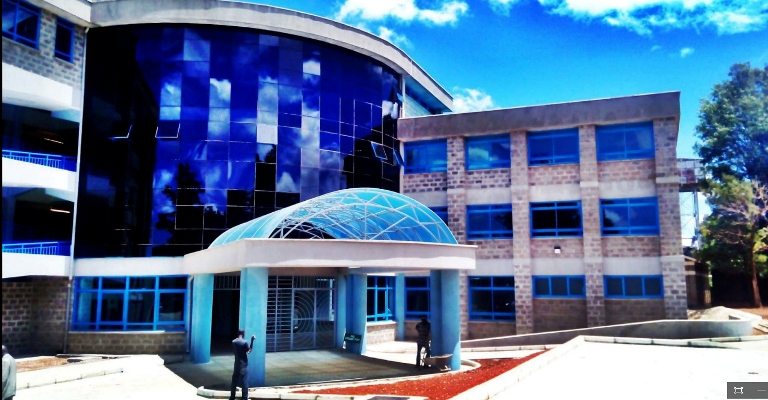Atticspace Architects: Building Long-term Partnerships is the Firm’s Secret
Kenya boasts some of the greatest minds in the architectural industry across the African continent and Atticspace Architects is one of them.
Developers and others who require architectural services are therefore spoilt for choice when it comes to appointing consultants. So how do all the competing practices manage to secure a slice of the construction pie?
It all comes down to the quality of a firm’s service and how it relates to its clients. No matter the size of the practice, if clients form the perception that the firm is unreliable despite having every other desirable quality, work may not be forthcoming. This is the philosophy that guides Atticspace Architects and Interior Designers, a studio based in Nairobi, Kenya.
Founded by Arch Geoffrey Njihia in Eldoret about 15 years ago, Atticspace Architects is a melting pot of talent and experience that brings together the energies of those seasoned in the industry, the newly initiated and those still receiving training.
“We strive to build long-term partnerships with our clients by delivering year on year productivity benefits and maximizing customer profitability,” states the firm in its vision. “We are sensitive to customer concerns and ensure absolute confidentiality and privacy of any information that is given to us.”
Atticspace Architects advises individuals, property owners and developers, community groups, local authorities and commercial organizations on the design and construction of new buildings, the reuse of existing buildings and the spaces which surround them in towns and cities. Its services also include Project Feasibility and Planning; Site investigation; Design Formulation and Draughting, Specifications and Tender Documents Preparation; Calling and Review of Tenders; Construction Supervision/Contract Administration and Overall Project Management.
To keep itself constantly challenged and adaptive to new ideas, the firm also researches old records and drawings, and tests new ideas and construction techniques.
Arch Njihia, who is the Principal Architect at Atticspace, works with a team of qualified personnel to execute projects.
The firm uses the latest software to facilitate seamless delivery of projects. These include ArchiCAD, AutoCAD, Atlantis studio 5 and
Microsoft Office/Project.
Projects
Since inception, the firm has undertaken many projects of different types for a number of clients.
The firm has been the architectural studio of choice for Family Bank, a large indigenous bank in Kenya. Atticspace has for more than 10 years been the consultancy behind the bank’s countrywide expansion and branch alterations.
The firm has also been appointed to spearhead a similar exercise for health facilities in Rift Valley, Nyanza and Western regions of Kenya. These projects include the Shoe4Africa hospital and The Chandaria Cancer and Chronic Diseases Centre (CCCDC), both in Eldoret. The Shoe4Africa hospital, sponsored by Toby Tanser of the New York based Shoe4Africa Foundation, is the only public paediatric hospital in the country while the CCCDC, based at the Moi Teaching and Referral Hospital, is the first cancer centre outside Nairobi and was approved to house the next public Cancer Radiotherapy Equipment by the International Atomic Energy Agency (IAEA) because it achieved the required radiation shielding during the delicate construction of the radiotherapy bunkers. The project is sponsored by Indiana Institute for Global Health.
Atticspace was also selected to design the Aflasafe Modular Plant at KARLO, Katumani in Machakos. The project was sponsored by IITA if Ibadan (Nigeria) and USAID Kenya.
The firm is especially proud of these projects due to their positive impact on the needy as well as the fact that they were completed on budget and within the anticipated time frame. The hospitals in particular are also iconic in Eldoret and the fact that the clients “were more interested in functional space as opposed to architectural expressionism” in the words of Arch. Njihia, makes them unique.
Outside Kenya, Atticspace has handled projects in Rwanda and Southern Sudan and is currently engaged in Ibadan, Nigeria.
On industry issues, Arch. Njihia is optimistic of the business climate in Kenya and feels that well qualified and remunerated professionals should be tasked with managing issues of legislation across the counties. Government also needs to step in to improve infrastructure, standardise building materials and enable availability of affordable land. Like many other professionals, Arch Njihia is dismayed by the proliferation of quacks and supply of substandard materials. He also chides those who inflate construction costs especially in government tenders, saying they lack professionalism.


